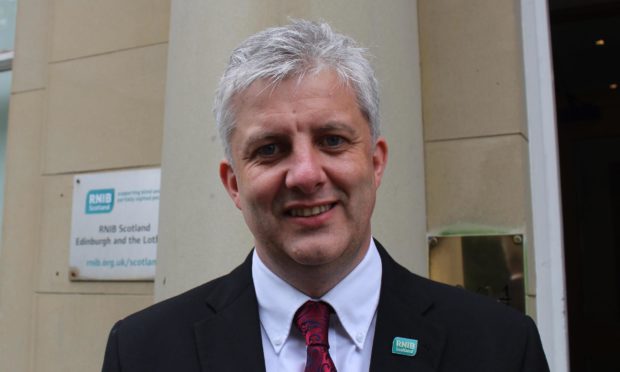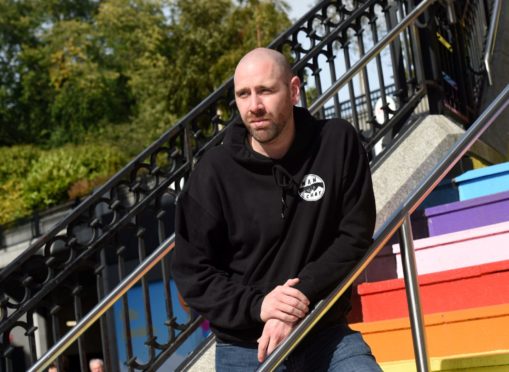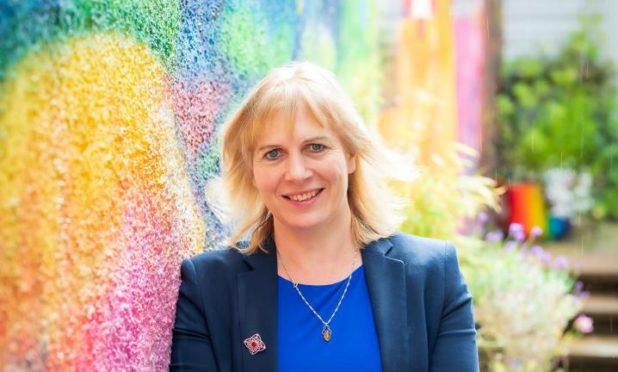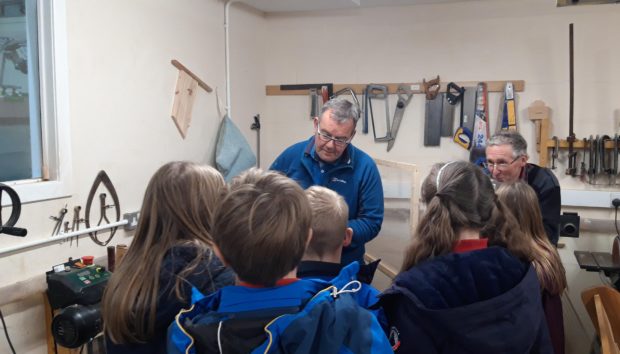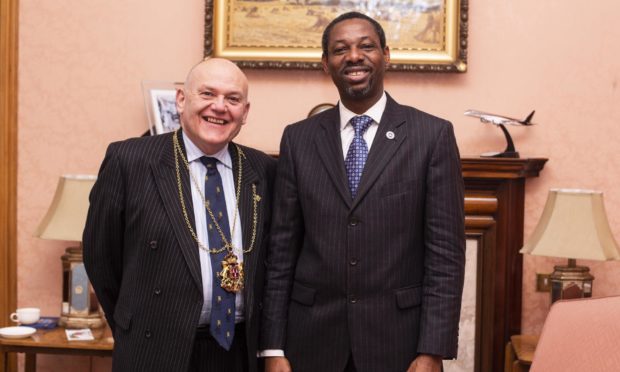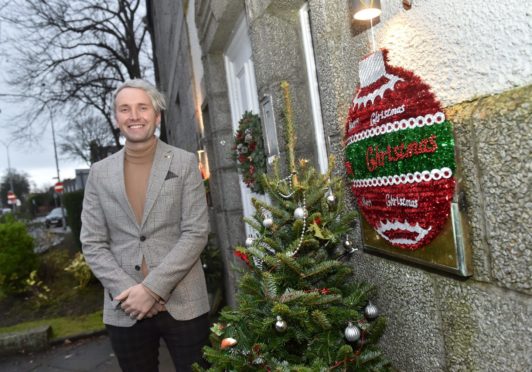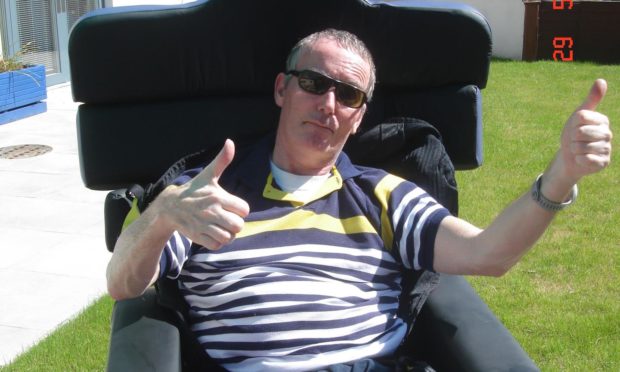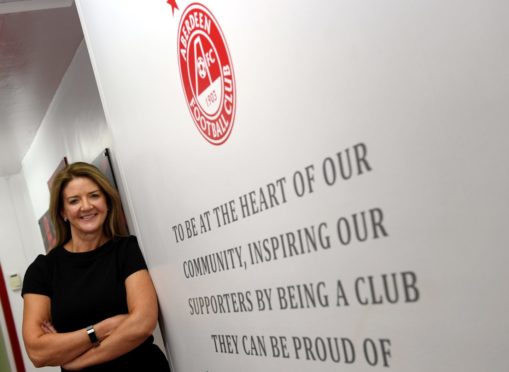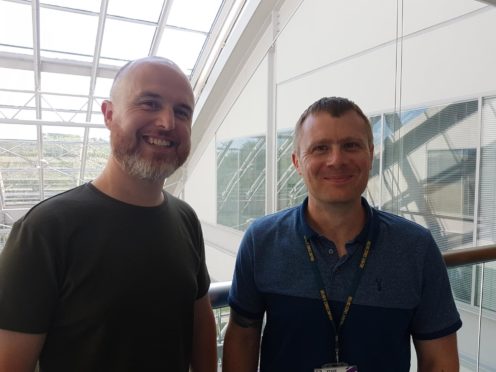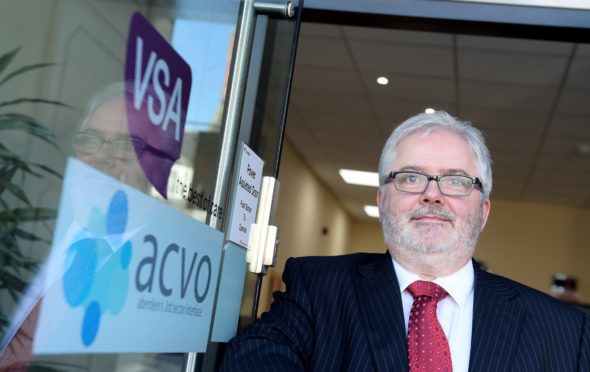Many of us have missed our social activities this year, whether it be a weekly tea dance, gym class or going to the pub with friends.
But the for the 178,000-plus people living with a visual impairment in Scotland – often on their own – the cancellation of such routines had a significant impact on their wellbeing, leaving many feeling cut off and isolated.
The Royal National Institute for the Blind (RNIB) has been working hard to tackle those feelings of loneliness, and has devised a programme of events for throughout the festive period.
Scottish director James Adams last night praised communities across the country for rallying around to help, but said there was still more work to be done to support people throughout winter.
The RNIB launched a befriending telephone service and hobby groups for members to look forward to regularly, but need help to keep them running.
 Mr Adams said: “The coronavirus pandemic has brought a lot of challenges to society. As well as the challenges that everybody faces, people with sight loss and blind people also have additional barriers that have become apparent during this period.
Mr Adams said: “The coronavirus pandemic has brought a lot of challenges to society. As well as the challenges that everybody faces, people with sight loss and blind people also have additional barriers that have become apparent during this period.
“Quite a lot of people with sight loss live on their own and often their social engagement and social life is in a routine way. They have got various groups/clubs and certain things they would do on a routine basis.
“However, as lockdown happened and people were encouraged to stay in their homes, people were not only having issues about trying to access food and medicine but also how do they, like any human being, socialise and engage with others and that leads to loneliness and all sorts of issues.”
In an attempt to reduce social isolation among members, the charity set up a number of groups for hobbies such as football and films and a choir.
It will also host a virtual Christmas party on December 23, and volunteers are gearing up to host quizzes on Christmas Day and New Year’s Day to ensure nobody feels alone.
“It has not been a quiet time for the likes of RNIB,” Mr Adams added.
“We have been working incredibly hard. We have been trying to make sure through our services that not only are we there to be receptive to people contacting us for help and support, but also that we are being proactive in going out our way to make sure that we have access to the people on our lists and can make sure they are OK.”
Mr Adams praised society for coming together, and encouraged anyone interested in finding out more about RNIB’s work to come forward. Volunteering opportunities are available to view online.
“Across society people have really rallied together. You do see an enhanced social cohesion and that is also the same within the visual impairment sector, the VI world,” he said.
“Nobody goes through their life without having some point where they need to speak to somebody, and that’s what we are for. That’s why the Royal Institute for the Blind was set up: to help people in a time of crisis and that is what we are in.”
Individuals can contact the charity on their helpline 0303 123 9999 or visit www.rnib.org.uk
